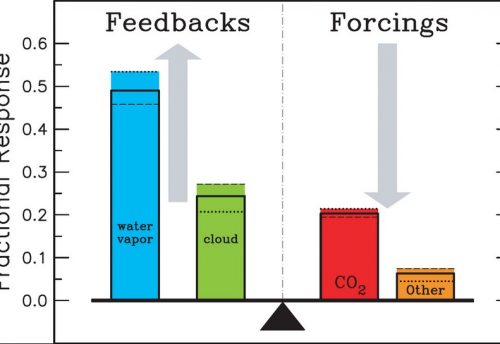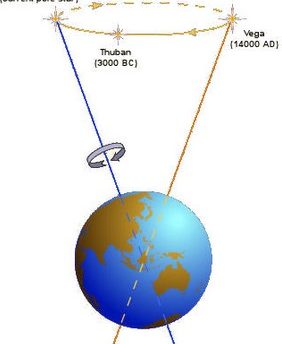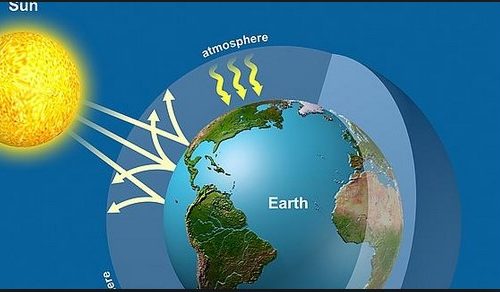
If the climate system responds to enhanced greenhouse forcing in a manner that has been projected by climate models, the Earth is likely to experience a number of detrimental impacts. Obviously, much depends upon the magnitude of the climate sensitivity, a variable as yet poorly constrained by the present understanding of the climate system. In addition, climate change, and therefore climate impacts, are poorly defined at the regional level. Nevertheless, it is possible to make generalisations of the likely consequences of future anthropogenic climate change, and to attach levels of certainty to these. The IPCC Climate Change Impacts Assessment (IPCC, 1990b) provides an excellent review in this context.
As the climate system shifts to a new equilibrium, each of its components and sub-components will respond to the complex interaction of feedback loops. Climate impacts can therefore be expected to occur throughout the system. Some of the major impact areas identified (IPCC, 1990b) include agriculture, forestry, natural ecosystems, hydrology and water resources, human settlements and health, and oceans and coastal zones. Global-mean surface temperature increase, regional temperature increases, precipitation increases and decreases, soil moisture availability, climatic variability and the occurrence of extreme events such as hurricanes are all likely to influence the nature of these impacts. Climatic impacts, whether detrimental or benign, will also have to be viewed in the context of a rapidly expanding global population.




Leave a Reply